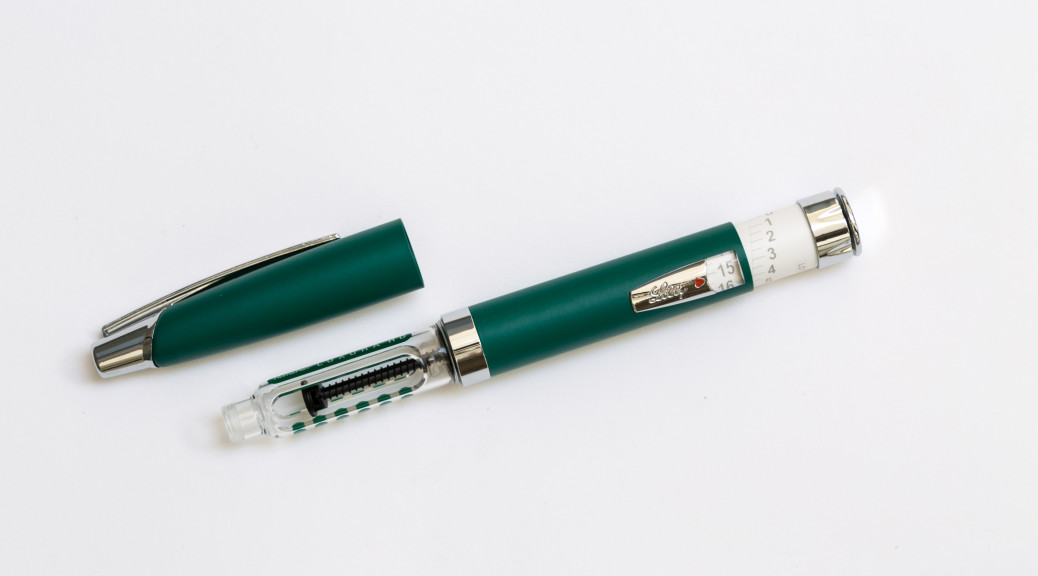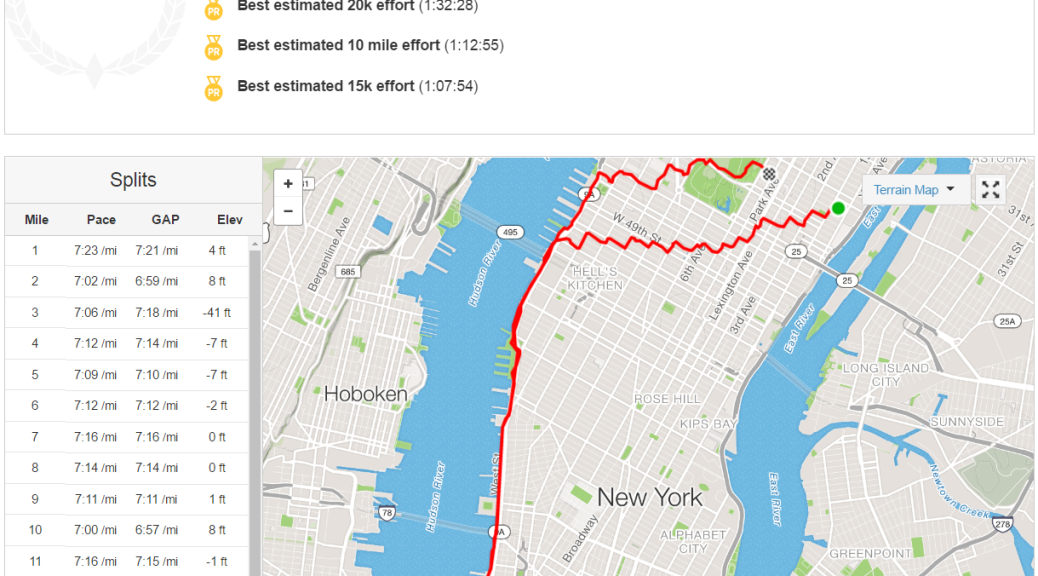Child development is, quite utterly, a miracle. A baby is born as wailing little bundle of flesh with nothing in his brain but the instinct to eat and sleep, some primitive reflexes like squinting at bright light, and basic movements like suckling, waving limbs in the air, and crying when hungry or cold or otherwise interested in drawing attention. Two years later, that same boy will be running around, naming objects and speaking in short sentences, following commands and asking questions, playing with other kids, gesturing at his parents, laughing, pouting, defying, engaging. Walk into any preschool or daycare and watch the little kids do their thing. I’ve never really thought of such a scene — chaotic, messy, noisy, and maybe a bit smelly — as a miracle, but it really is. We should marvel at all toddlers learning anything at all, not just the precocious ones.
Because on Monday, I got to observe a classroom-based intervention at the Center for Autism at Westchester and by golly was it jarring. Continue reading Spectrumy Kids →




